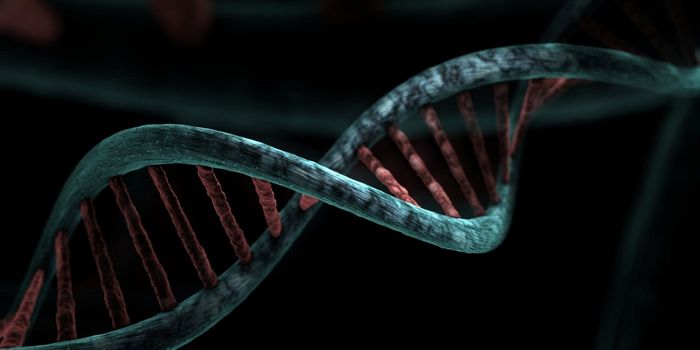Immune Cell Activation Through a Novel Molecule Improves Cancer Therapy
Immunotherapy has revolutionized the way physicians treat patients. Previously, chemotherapy was the standard-of-care with the goal to eliminate tumor cells by dysregulating their ability to proliferate and expand. Immunotherapy was developed to redirect the healthy immune system toward cancer. As the tumor becomes established, different proteins and molecules skew immune cells to become pro-tumorigenic. Interestingly, these polarized immune cells directly and indirectly aid in tumor progression. Immune cells will suppress healthy immune responses and provide nutrients to the tumor. Proteins and molecules secreted by the tumor also generate T cells that become ‘exhausted’ or inactive. T cells are a specialized type immune cell directly responsible for eliminating infections and other diseases. One characteristic of cancer is the presence of exhausted T cells.
Unfortunately, immunotherapy works in only a subset of patients. This is partially contributed to exhausted T cells, which limit therapeutic efficacy. Different approaches have been designed to revive these exhausted cells; however, therapies lack robust T cell activation. Therefore, a major point of immunotherapy research is understanding how to better improve T cell response and elicit strong antitumor immunity.
A recent article in Nature Immunology, by Drs. Taha Merghoub, Jedd Wolchok and others, reported a novel molecular signal directly responsible for exhausting T cells. Researchers found that if you block this signal, the immune system is revived. Merghoub is the Maragret and Herman Sokol Professor in Oncology Research at Weill Cornell Medical College. Wolchok is a physician scientist and the Sandra and Edward Meyer Director of the Sandra and Edward Meyer Cancer Center at Weill Cornell Medical College. Both scientists worked with each other previously, collaborating on projects focused on T cell combination immunotherapies.
Researchers have identified a new way to improve antitumor immunity. Merghoub and Wolchok discovered that by blocking a specific signaling pathway, exhausted T cell can become reactivated. The team of researchers previously identified a molecule, known as CD47, on the surface of tumors that was known to drive cancer progression. Scientists recently noted that CD47 is also highly expressed on exhausted T cells. Through genetic knockout approaches and pharmacologic inhibitors, they found that mice lacking this expression on T cells had improved antitumor immunity. More specifically, the exhausted T cells were revived and regained their function.
Blocking the CD47 T cell signaling pathway synergized the therapeutic benefit of another treatment known as anti-PD-1, which is designed to activate T cell function. Researchers found that CD47 blockade and anti-PD-1 combination treatment significantly reduced colorectal tumors in mice. While this work shows exciting promise, scientists are hoping to study up- and downstream proteins to better target T cell exhaustion. Merghoub and Wolchok believe that targeting this pathway alone will have significant therapeutic benefits, but in combination with other immunotherapies could significantly enhance therapeutic outcome in patients. Scientists are hoping to bring this targeted therapy to the clinic in patients with cancer. Overall, the discovery of this new molecule on T cells and its function has major implications to therapeutic output and could transform the field of immunotherapy.
Article, Nature Immunology, Taha Merghoub, Jedd Wolchok, Weill Cornell Medical College








